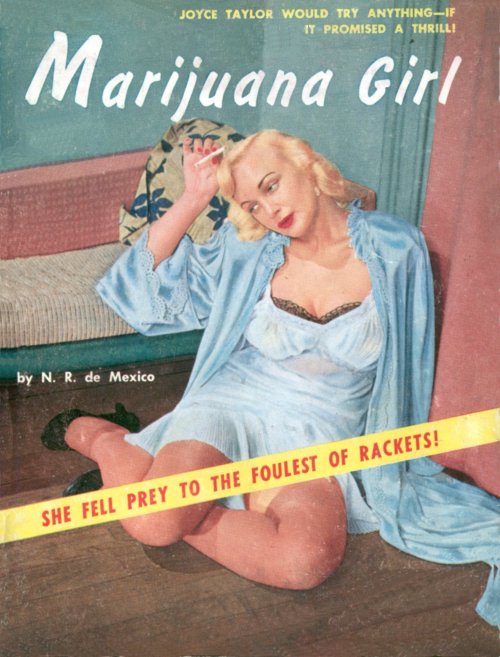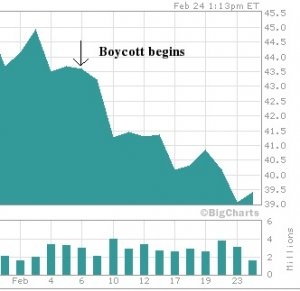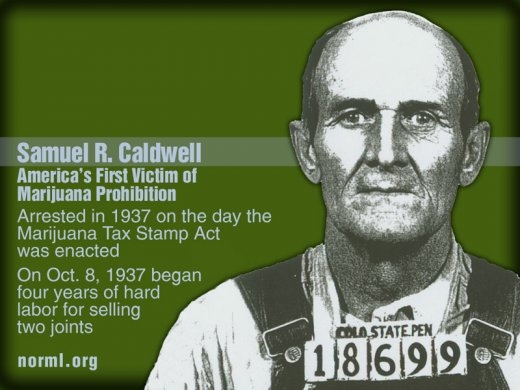
LOS ANGELES TIMES: Could Cannabis sativa be a salvation for California’s fiscal misfortunes? Can the state get a better budget grip by taxing what some folks toke? An assemblyman from San Francisco announced legislation Monday to do just that: make California the first state in the nation to tax and regulate recreational marijuana in the same manner as alcohol. Buoyed by the widely held belief that cannabis is California’s biggest cash crop, Assemblyman Tom Ammiano contends it is time to reap some state revenue from that harvest while putting a damper on drug use by teens, cutting police costs and even helping Mother Nature
Ammiano’s measure, AB 390, would essentially replicate the regulatory structure used for beer, wine and hard liquor, with taxed sales barred to anyone under 21. He said it would actually boost public safety, keeping law enforcement focused on more serious crimes while keeping marijuana away from teenagers who can readily purchase black-market pot from peers. The natural world would benefit, too, from the uprooting of environmentally destructive backcountry pot plantations that denude fragile ecosystems, Ammiano said. But the biggest boon might be to the bottom line. By some estimates, California’s pot crop is a $14-billion industry, putting it above vegetables ($5.7 billion) and grapes ($2.6 billion).
hard liquor, with taxed sales barred to anyone under 21. He said it would actually boost public safety, keeping law enforcement focused on more serious crimes while keeping marijuana away from teenagers who can readily purchase black-market pot from peers. The natural world would benefit, too, from the uprooting of environmentally destructive backcountry pot plantations that denude fragile ecosystems, Ammiano said. But the biggest boon might be to the bottom line. By some estimates, California’s pot crop is a $14-billion industry, putting it above vegetables ($5.7 billion) and grapes ($2.6 billion).
If so, that could mean upward of $1 billion in tax revenue for the state each year. “Having just closed a $42-billion budget deficit, generating new revenue is crucial to the state’s long-term fiscal health,” said Betty Yee, the state Board of Equalization chairwoman who appeared with Ammiano at a San Francisco news conference. Also in support of opening debate on the issue are San Francisco Sheriff Mike Hennessey and retired Orange County Superior Court Judge James Gray, a longtime legalization proponent. “I’m a martini guy myself,” Ammiano said. “But I think it’s time for California to . . . look at this in a truly deliberative fashion.” He sees the possibility of an eventual truce in the marijuana wars with Barack Obama now in the White House. MORE
 NEW YORK TIMES: New Jersey may soon allow patients with cancer, AIDS or other chronic illness to use marijuana for medicinal purposes, becoming the 14th state with a medical marijuana law, NewJersey.com reports. A bill passed by the state senate would allow patients to keep six marijuana plants and one ounce for personal use if diagnosed by physicians as having a debilitating medical condition. Patients would also need to register with the state. MORE
NEW YORK TIMES: New Jersey may soon allow patients with cancer, AIDS or other chronic illness to use marijuana for medicinal purposes, becoming the 14th state with a medical marijuana law, NewJersey.com reports. A bill passed by the state senate would allow patients to keep six marijuana plants and one ounce for personal use if diagnosed by physicians as having a debilitating medical condition. Patients would also need to register with the state. MORE
CITY PAPER: This morning, during an appearance on New York Public Radio WNYC’s The Brian Lehrer Show, N.J. governor Jon Corzine told Lehrer that he’ll sign a bill to legalize medical marijuana in his state. That is, if the bill — which has already passed in the state Senate, but still faces a vote in the Assembly — makes it to his desk. MORE
RELATED: As the chart shows, the Kellogg’s stock took an immediate dive following its decision to drop Michael Phelps over the infamous bong hit photo. What began as a coordinated boycott by drug reform organizations quickly escalated into a full-blown media frenzy as major news outlets picked up the story. Pot-friendly websites like Digg.com began directing massive traffic  to news coverage that was critical of Kellogg’s anti-marijuana posturing, thereby increasing the campaign’s visibility among likely supporters. The cumulative impact of all this negative publicity is helpfully illustrated by The Vanno Reputation Index, which monitors the public image of leading corporations:
to news coverage that was critical of Kellogg’s anti-marijuana posturing, thereby increasing the campaign’s visibility among likely supporters. The cumulative impact of all this negative publicity is helpfully illustrated by The Vanno Reputation Index, which monitors the public image of leading corporations:
Out of the 5,600 company reputations Vanno monitors, Kellogg ranked ninth before it booted Phelps. Now it’s ranked 83. Not even an industry-wide peanut scare inflicted as much damage on the food company’s reputation. [Business Insider]
In the current economic climate, it would be silly to think we’re solely responsible for Kellogg’s falling stock. Still, the Vanno data clearly shows that we’ve dealt a substantial blow to the company’s reputation at the worst possible time. Whether or not we actually had a considerable impact on Kellogg’s bottom line is beside the point. What matters is that we sent an unprecedented message to corporate America that reefer madness is bad for business. MORE

